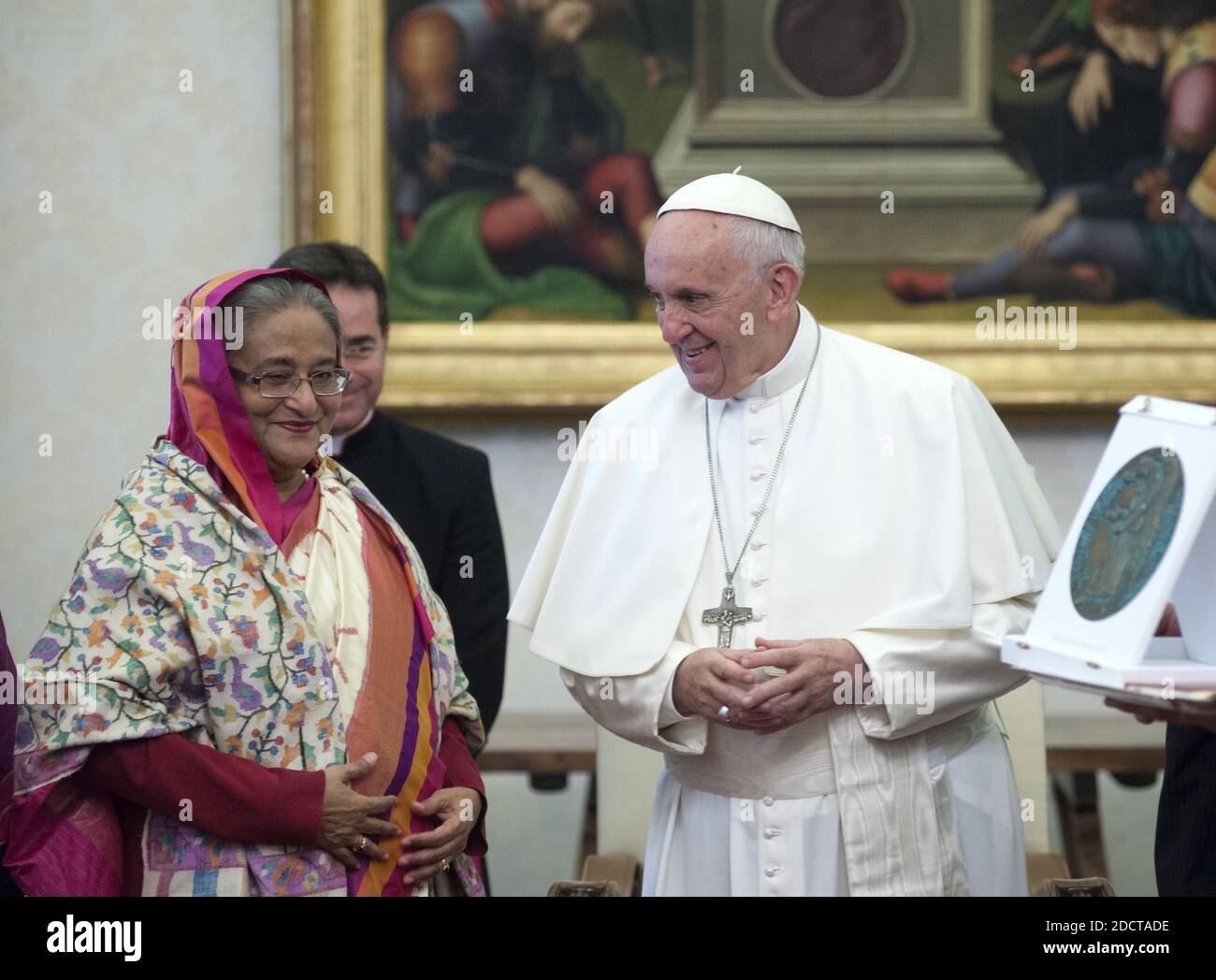
Sheikh Hasina, who led Bangladesh for 15 years, was ousted in August 2024 following mass protests. She subsequently sought refuge in India. The Bangladeshi government formally requested her extradition on December 23, 2024, a move that has yet to elicit a response from Indian authorities.
The ICT's recent warrant is the second against Hasina, intensifying efforts to hold her accountable for alleged human rights violations. The tribunal has instructed law enforcement to apprehend and present all accused individuals by the February deadline. Chief Prosecutor Mohammad Tajul Islam emphasized the gravity of the allegations, citing a state-sponsored culture of enforced disappearances under the previous regime.
In response to the tribunal's actions, former Indian diplomat Veena Sikri has expressed skepticism regarding the credibility of the charges against Hasina. Sikri, who served as India's High Commissioner to Bangladesh, questioned the timing and political motivations behind the arrest warrants, suggesting they may be part of a broader strategy to suppress political dissent.
The situation has further strained diplomatic relations between Bangladesh and India. While India has acknowledged the extradition request, it has refrained from public commentary. Analysts note that India's historical support for Hasina's Awami League complicates the decision-making process. The interim Bangladeshi government, led by Nobel laureate Muhammad Yunus, has been vocal in its pursuit of Hasina's return, underscoring a commitment to legal proceedings.
Human rights organizations have raised concerns about the ICT's procedures and the potential for political bias. They advocate for transparent and fair trials, cautioning against the use of judicial mechanisms as tools for political retribution. The tribunal, established to address war crimes from Bangladesh's 1971 independence conflict, has faced scrutiny over its impartiality in recent years.
Sheikh Hasina's legal challenges extend beyond the ICT's charges. In December 2024, Bangladeshi authorities initiated an investigation into allegations of embezzlement involving Hasina, her son Sajeeb Wazed Joy, and her niece Tulip Siddiq, a UK Treasury minister. The probe centers on the misappropriation of $5 billion related to the Rooppur Nuclear Power Plant project. Hasina's family has denied these allegations, dismissing them as politically motivated.
The ICT has also imposed a ban on the publication of Hasina's speeches within Bangladesh. This decision followed a virtual address by Hasina, in which she accused interim leader Muhammad Yunus of failing to protect minorities and committing acts of genocide. The tribunal justified the ban by expressing concerns that her statements could influence potential witnesses in the forthcoming trials.
